
Receptionists are facing serious workplace safety concerns and need training to cope.

An analysis of data from nearly 750,000 adolescents from more than 40 countries offers insight into the changing, and possibly inaccurate, perceptions of healthy body weight among younger people since the turn of the century.
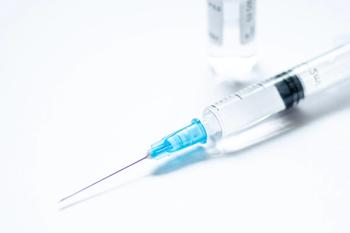
The findings showed that heterologous vaccination, or mixing different vaccines, was safe and effective, with the Novavax vaccine (NVX-CoV2373) providing enhanced protection against the Omicron variant.

Study investigators found that children with posttraumatic migraine symptoms after a concussion had higher symptom burden and lower quality of life 3 months after the injury compared to those with nonmigraine headache.

New data on oral immunotherapy to food allergens shows promise for the treatment, though more information with standard interventions and regimens is needed to gain certainty on the efficacy and safety.

Sandra H. Jee, MD, MPH, professor of pediatrics, director, Center for Community Health and Prevention, Finger Lakes Children’s Environmental Health Center, University of Rochester Medical Center, addresses how health care institutions contribute to the climate crisis. In this Contemporary Pediatrics® interview, Jee provides practical examples health care professionals can use in their offices to better help the environment, which can better help patients in the long term.
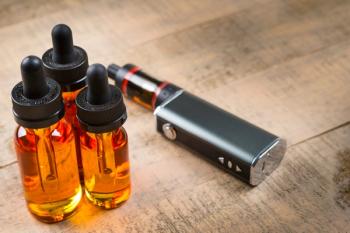
To combat instances of e-liquid exposure and accidental ingestions among children, the FDA is offering tips for best storage and safety practices for those that regularly use and handle these products, according to a recent press release.
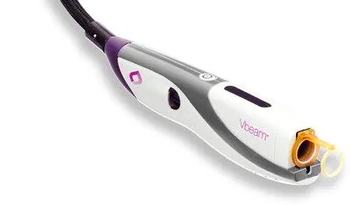
The device is now the first of its kind to become available to pediatric patients.

Trial of standard vs short course antimicrobial treatment of uncomplicated UTI in children favors standard, but with caveat for early responders.
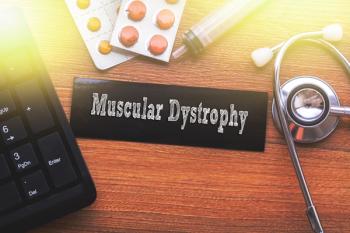
Improvement in the left ventricular ejection fraction (LVEF) and statistically significant benefit in the Performance of the Upper Limb (PUL v2.0) scale were observed following 2 years of CAP-1002 treatment in Duchenne muscular dystrophy (DMD) patients.

Liver education has been void in the school systems and children and young adults stand to gain enormously when provided with awareness around this essential organ.
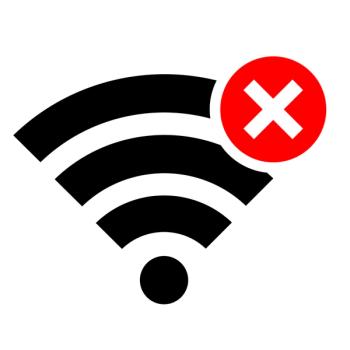
Doctors and staff should know how to respond if internet goes down for prolonged periods.
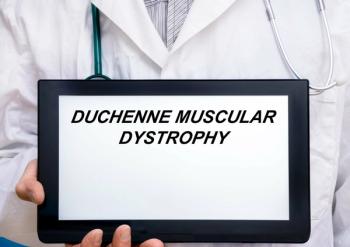
According to Italfarmaco Group, a New Drug Application (NDA) for givinostat has been accepted and granted priority review by the FDA to treat Duchenne muscular dystrophy (DMD) patients, following positive topline phase 3 trial results.
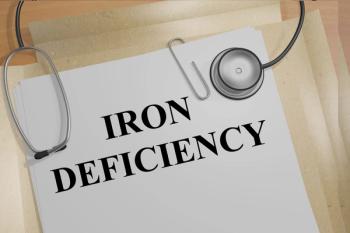
Significant cases of missed diagnoses of iron-deficiency emphasize the need for improved screening strategies and proactive measures to address these health risks.

A new study highlights the benefits of using the hypertonic saline test to determine the appropriate dose of inhaled corticosteroids for managing asthma in children.

Indicated for growth hormone deficiency (GHD) patients aged 3 years and older, somatrogon-ghla is now FDA-approved to treat GHD following positive phase 3 data demonstrating non-inferiority, measured by annual height velocity at 12 months, compared to somatropin.

Finding may have implications as more people take care of aging relatives around the world.

Johnson & Johnson has announced positive safety and efficacy results in a phase 2 trial evaluating nipocalimab against early-onset severe hemolytic disease of the fetus and newborn.

Nicole Peña Sahdala, MD, internist, gastroenterologist specialist in bariatric endoscopy, ABIM certified, discusses the rise in bariatric surgery among youth, and why other forms of care, such as lifestyle changes and education, are essential before any surgery is performed.

About 1 in 4 children are exposed to intimate partner violence (IPV) in their lifetime, according to the American Academy of Pediatrics. The AAP has released tips and recommendations for pediatricians to help support these patients and their families.

The days of “bad ‘bots” are behind us so put smart virtual assistants to work in your practice to reduce call volume, deliver self-service options to patients and improve operational efficiency.

Donnas Hallas, PhD, PPCNP-BC, CPNP, PMHS, FAANP, FAAN, shares her thoughts on the June issue of Contemporary Pediatrics®.

After Owlet’s baby-monitoring Smart Sock was pulled from the market in 2021, the FDA has cleared the company’s BabySat pulse oximetry sock for infants, capable of monitoring and alerting parents of pulse rate and oxygen saturation levels.

Today's hospitals and medical practices face the challenge of remaining relevant in an extremely dynamic, competitive, and evolving market.
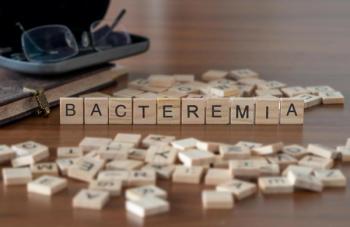
According to investigators, this is among the largest studies describing the risk of bacteremia in young patients with sickle cell disease.

After receiving accelerated approval, delandistrogene moxeparvovec-rokl is the first gene therapy to treat Duchenne muscular dystrophy (DMD) in ambulatory pediatric patients aged 4 to 5 years.
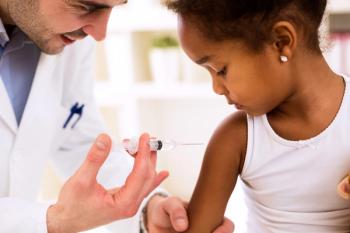
In a large observational study, significant information was obtained about protection against acute infection and disease severity in this age group.

In this Contemporary Pediatrics® interview, Dave Little, MD, MS, Physician Informaticist at Epic, discusses the importance of lipid screening in the pediatric population, specifically for children aged 9 to 11 years and those aged 2 to 8 years with increased risk of diabetes, obesity, or high blood pressure. Little says awareness of lipid screenings at the provider and parent levels can lead to more screenings overall, which can lead to healthier lifestyles for children.

Children 10 years and older with type 2 diabetes (T2D) can now be treated with empagliflozin and empagliflozin plus metformin hydrochloride to improve blood sugar control, per a recent approval by the FDA.

Links between teenager anxiety and gastrointestinal (GI) issues are the subject of this Contemporary Pediatrics® interview with Julia Anderson, MD, MSCI; and Sara Francis, PhD.